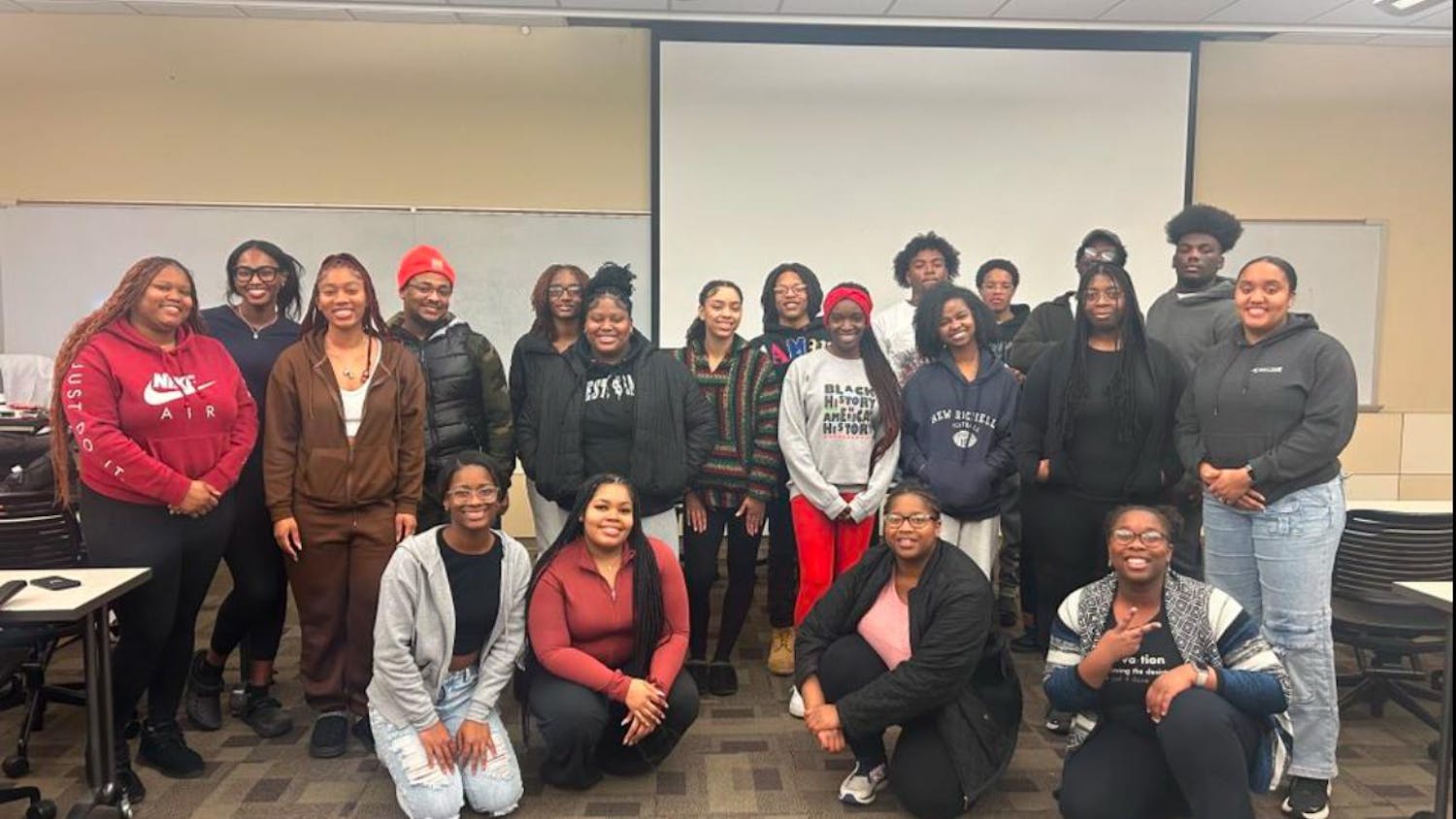For the last couple months, members of Wright State Student Government Association (SGA) have been working with Ohio’s State House to work on bills that could impact schools across the state.
Daniel Palmer, chief policy officer for SGA has been working on House Bill 337 for several months. This bill would create tax exempt textbooks for students saving around $23 million dollar.
“We’re going up to Columbus and lobbying on behalf of Wright State student government to pass this bill 337,” Palmer said.
Other bills that WSU SGA members have worked on include House Bill 240, which covers sexual assault and 363, which is about Free Speech on campus.
“SGA supports house bills 240 and 337 and we do not support house bill 363,” Palmer said.
The house bill covering sexual assault was created to give universities concrete policies and abilities in handling sexual assault and violence on campus. This is an expansion of the Title IX policy already in place.
“We were able to have them implement interactive education into the bill. This would mean universities would mandate interactive education to all students on sexual violence,” said Palmer.
Many of the Ohio Student Government Association members are against the house bill 363 of free speech, according to Palmer.
This is the first full year that SGA has been involved in taking part of the writing and passing of state legislation. The Wright State SGA travel to Columbus every couple weeks, with three to four members representing the organization.
“We are bringing real change to students at Columbus if it gets passed,” said Palmer, who is also the Executive Director of OSGA. “We’re really doing work to make college more affordable to students and staying active in the state house to make sure they won’t be affected negatively by policies.”
Ivan Mallett, the Legislative Director of OSGA, works with the rest of the public universities across Ohio and to coordinate the legislation efforts.
“We work with one another through email and conference calls to make sure there is one clear concise voice on what we want to see get done legislatively. It’s a challenge to get all 13 universities to agree on all the bills,” said Mallett.












